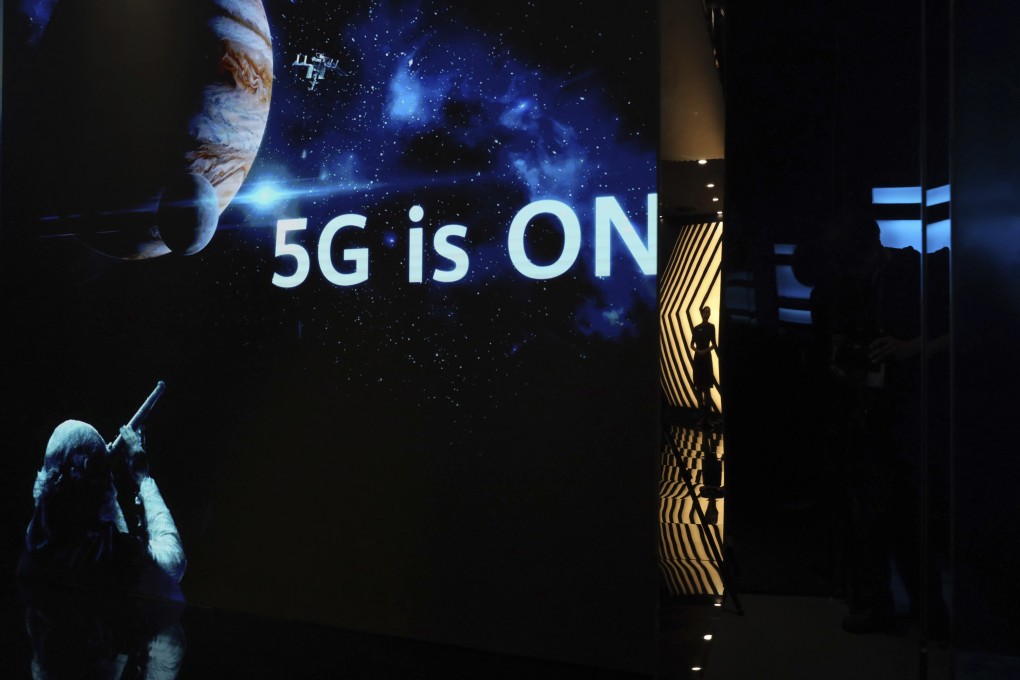Huawei security fears are ‘natural’, says Lithuania’s ambassador to China
- Ina Marciulionyte says globalisation means Baltic nation’s concerns are unavoidable
- Lithuanian intelligence services added China section to threat assessment report

Lithuania’s ambassador to China said it was “natural” for her country to be cautious about the security of telecoms gear made by Chinese technology company Huawei.
Ina Marciulionyte said the Baltic state had completed a risk assessment of its fifth-generation development, and it suggested mitigating measures such as a European Union-wide list of trusted 5G vendors should be created.
“It is natural for Lithuania, being part of a transatlantic community which is concerned about the safety of Huawei’s equipment, to have debates on this issue,” Marciulionyte said.
“The debate over the technology’s safety is taking place not just in the United States or Japan, but also in the European Union,” she said on Tuesday as the EU neared the October deadline for its own 5G security assessment.